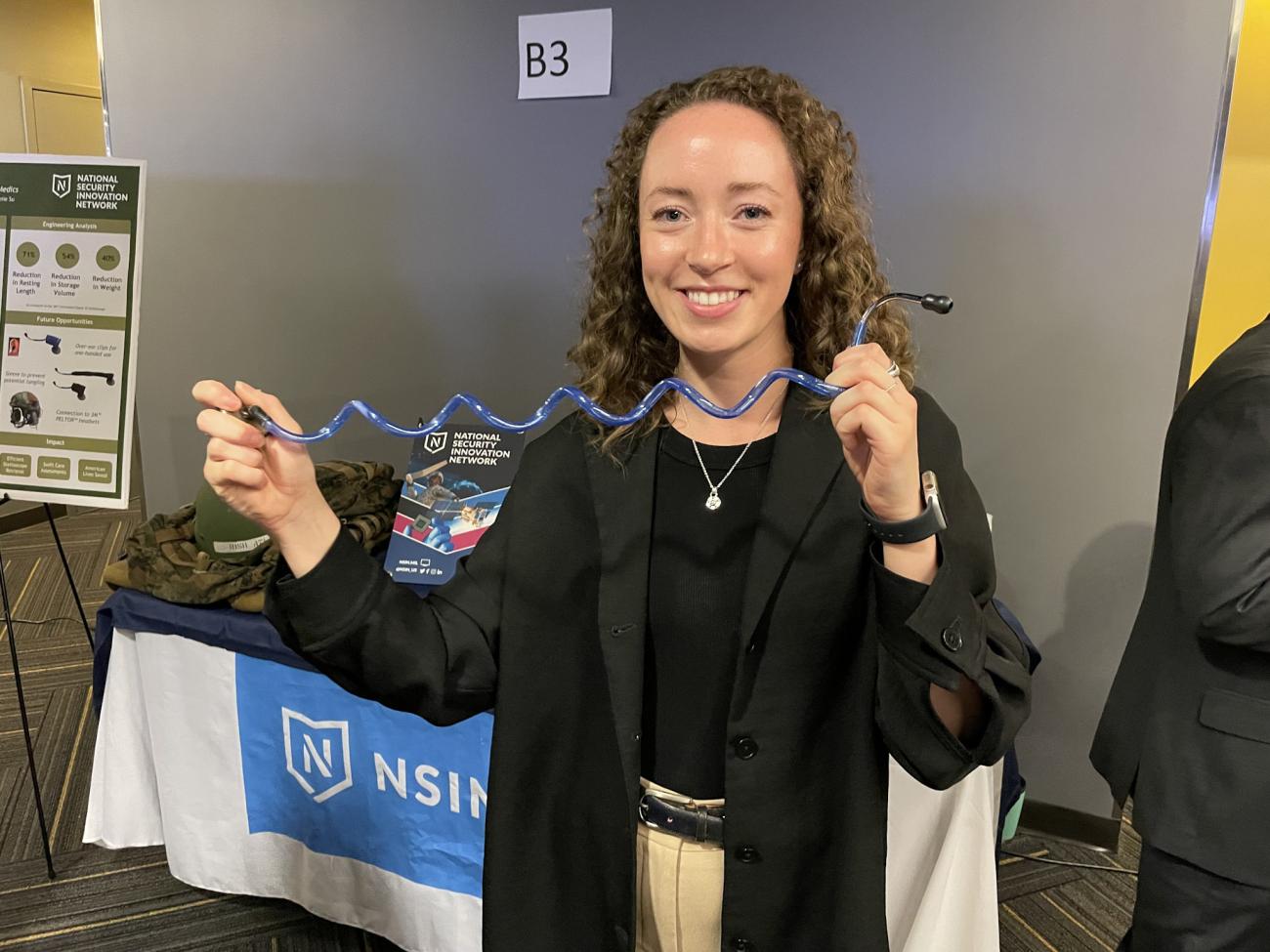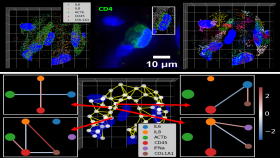The Wallace H. Coulter Department of Biomedical Engineering can add another milestone to this year’s achievements. The department is ranked no. 1 for best undergraduate biomedical engineering programs by U.S. News and World Report.
"We are immensely proud to be recognized as the top-ranked undergraduate biomedical engineering program in the nation. This achievement reflects the dedication and innovative spirit of our faculty, staff, and students who tirelessly work at the intersection of life sciences and engineering. Biomedical engineering offers a vast landscape of exploration for our students,” says Alyssa Panitch, Ph.D. and chair of the Coulter Department.
This marks the third time in the department’s history that its undergraduate program earned the top spot in the last few years. And both the undergraduate and graduate programs simultaneously rose to no. 1 this year after the department tied for first in the nation for its graduate programs in April.
The publishing company surveyed peer institutions across the U.S. to rank biomedical engineering programs. The College of Engineering rose to no. 3 best undergraduate program in the nation, the highest its ranked since 1996.
“Our graduates have embarked on diverse and impactful careers, shaping fields from medicine to regulatory agencies and even entrepreneurship,” Panitch says. “In an evolving field with no established textbooks, our department embraces the unique challenges as opportunities for growth. This accolade reaffirms our commitment to excellence in preparing the next generation of biomedical engineering leaders."
Latest BME News
Commercialization program in Coulter BME announces project teams who will receive support to get their research to market.
Courses in the Wallace H. Coulter Department of Biomedical Engineering are being reformatted to incorporate AI and machine learning so students are prepared for a data-driven biotech sector.
Influenced by her mother's journey in engineering, Sriya Surapaneni hopes to inspire other young women in the field.
Coulter BME Professor Earns Tenure, Eyes Future of Innovation in Health and Medicine
The grant will fund the development of cutting-edge technology that could detect colorectal cancer through a simple breath test
The surgical support device landed Coulter BME its 4th consecutive win for the College of Engineering competition.
New research from Georgia Tech helps doctors predict how therapies will interact with a child's immune system, potentially improving outcomes and reducing risks.








